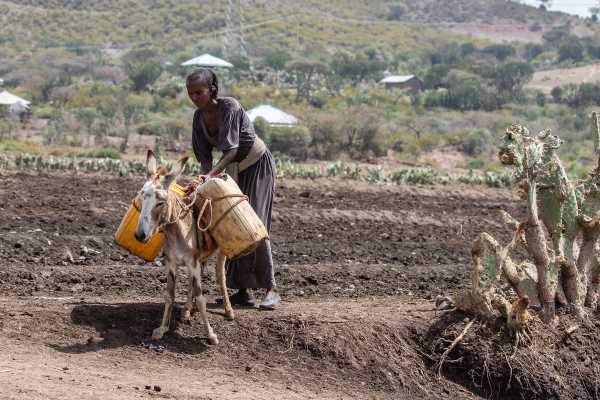Targeted humanitarian action is urgently needed to save the lives and livelihoods of millions of citizens in 19 countries identified as hunger hotspots.
In an outlook period released for between October 2022 to January 2023 by the World Food Programme (WFP) and the Food and Agriculture Organisation (FAO), it was noted that six of these hotspot countries – Afghanistan, Ethiopia, Nigeria, Somalia, South Sudan and Yemen – needed immediate humanitarian action to save lives.
The two international humanitarian bodies also recommended priorities for emergency response, as well as anticipatory action to address the existing humanitarian needs and ensure that there are short‑term protective interventions in place before new needs materialise.
“These are acute food insecurity, putting lives and livelihoods at risk. The potential for acute food insecurity to rise during the outlook period, under the effects of multiple overlapping drivers, interlinked or mutually reinforcing. These fall under the categories of organised climate variability, and animal and plant pests and diseases,” they said.
It was noted in the outlook that economic concerns were additionally driving acute food insecurity with citizens’ purchasing power for basic food items slowing down due to monetary‑tightening measures adopted.
“The war in Ukraine has put an upward pressure on already elevated food and energy prices, with major effects on acute food insecurity and operational costs.
“Weather extremes such as heavy rains, tropical storms, hurricanes, since late 2020 are causing crop and livestock losses, particularly in East and West Africa, Central Asia and Central America and the Caribbean. Acute food insecurity globally continues to escalate.”
The outlook also noted that up to 205 million people in 19 countries are expected to face acute food insecurity and to be in need of urgent humanitarian assistance.
“This is the highest number recorded in the seven‑year history of the report,” the report added.
The two organisations further recommended for parameters to be used in the forward‑looking analysis, and assessed projections of acute food insecurity for the outlook period, based on analysis of economic shocks, adverse climate conditions and weather shocks, and outbreaks of animal
“The socioeconomic parameters of each country based on assessments of macroeconomic stability – including, among others, debt stocks, foreign‑exchange reserves and exposure to balance‑of‑payment crises -, and the current rise of international and national food prices.”
Other countries in Africa, in need of urgent humanitarian aid between this October and January, are; Kenya, Malawi, Zimbabwe, Sudan, Madagascar, the Democratic Republic of Congo, the Central African Republic, Burkina Faso, Chad, Mali, Mauritania and the Niger.









